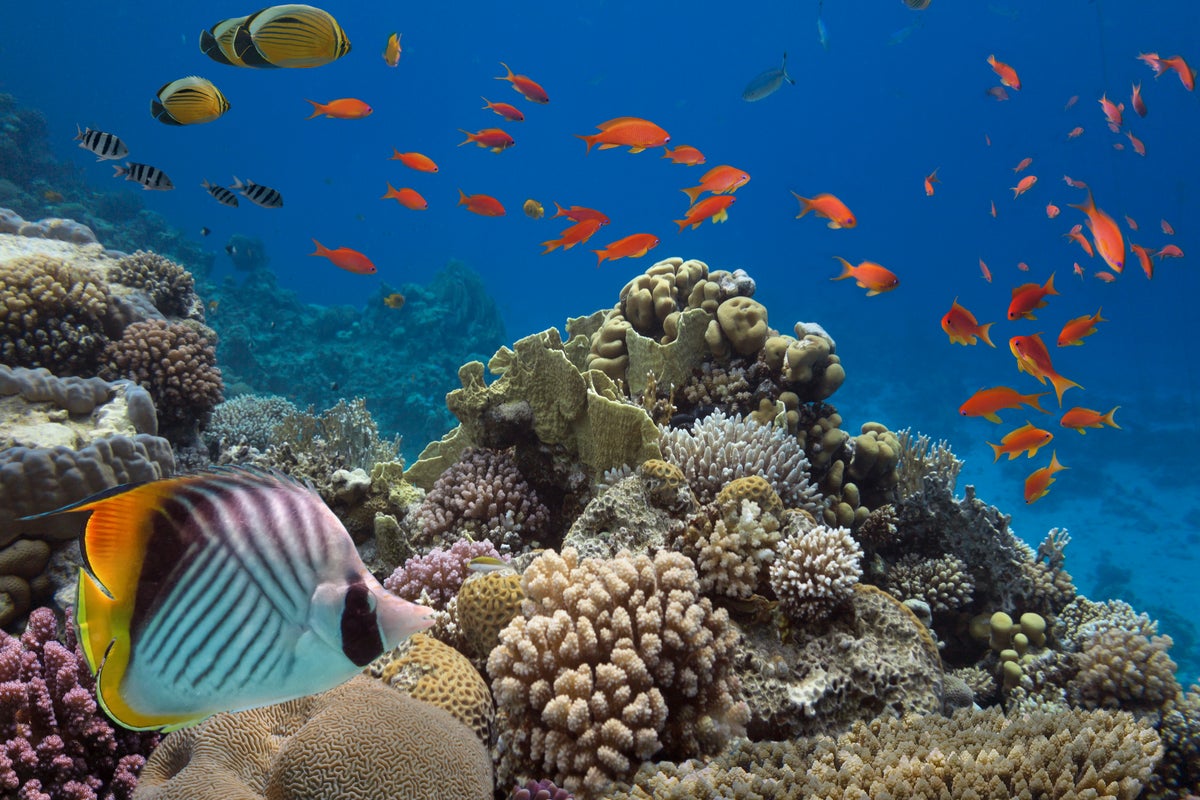
A significant and rare discovery has been made in the Gulf of Naples, where a vast white coral reef, containing important species and fossil traces, has been found at a depth exceeding 500 metres.
The Italian Research Council (CNR) announced the find, which marks a notable event for the Mediterranean.
Often dubbed the “rainforests of the sea”, coral reefs are of immense scientific interest due to their status as some of the planet’s richest marine ecosystems, harbouring millions of species.
They play a crucial role in sustaining marine life but are currently under considerable threat.
The newly identified reef, located off the coast of Naples, was uncovered by an EU-funded sea research mission.
A remotely operated submarine explored the Dohrn Canyon, a deep marine valley situated just off the southern Italian city’s coastline, leading to the discovery.
According to the CNR, “Explorations (…) revealed the presence of massive structures over 2 metres wide, distributed along a vertical wall more than 80 meters high”.
These impressive formations are composed of deep-water hard corals, commonly referred to as “white corals” because of their lack of colour, specifically identified as Lophelia pertusa and Madrepora oculata species.
The reef also contains black corals, solitary corals, sponges, and other ecologically important species, as well as fossil traces of oysters and ancient corals, the CNR said.
It called them “true geological testimonies of a distant past.”
Mission leader Giorgio Castellan said the finding was “exceptional for Italian seas: bioconstructions of this kind, and of such magnitude, had never been observed in the Dohrn Canyon, and are rarely seen elsewhere in our Mediterranean”.
The discovery will help scientists understand the ecological role of deep coral habitats and their distribution, especially in the context of conservation and restoration efforts, he added.
